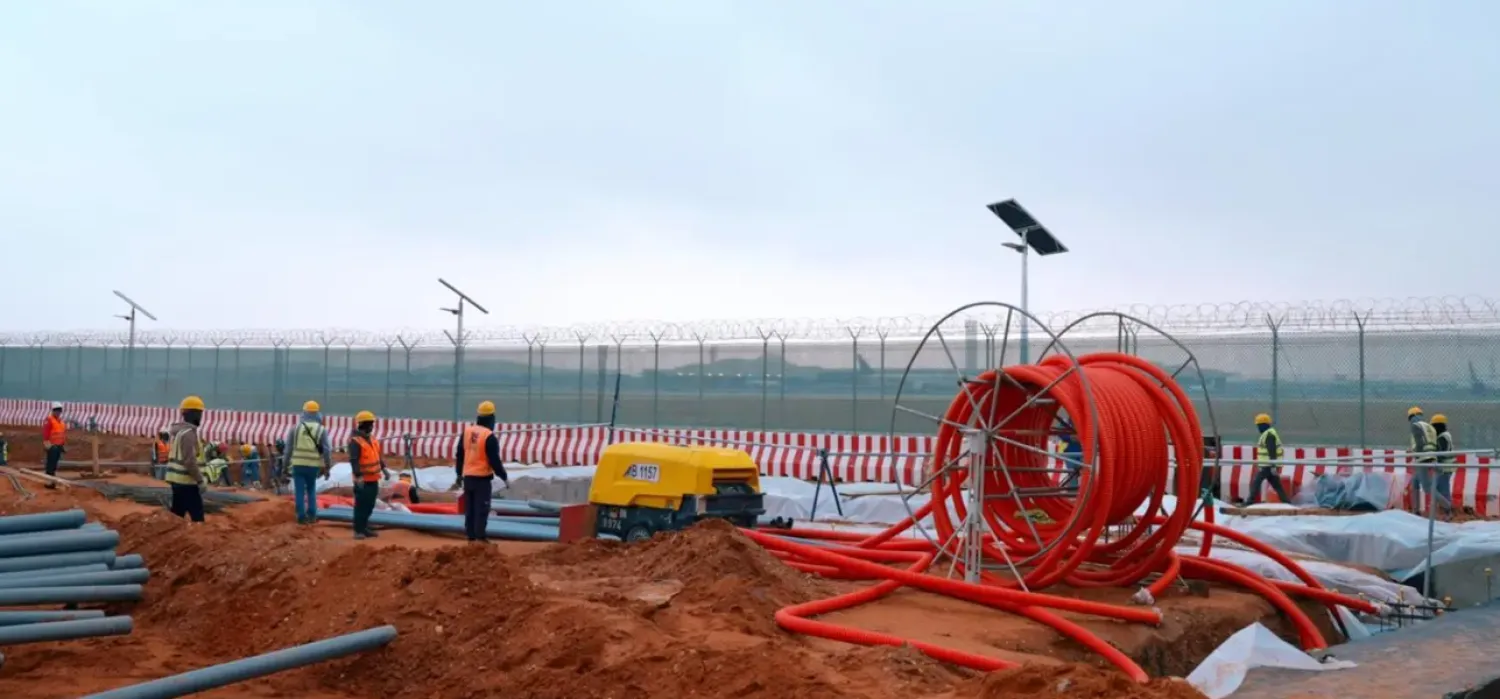The World Bank expects the Gulf Cooperation Council (GCC) region to grow by 2.8% in 2024 and 4.7% in 2025. This growth is driven by OPEC+ gradually increasing oil production from mid-2024 and strong non-oil economic activities.
In Saudi Arabia, the economy is predicted to grow by 2.5% this year, thanks to a booming non-oil private sector. The non-oil sector is set to grow by 4.8% in 2024, while the oil sector is expected to shrink by 0.8%.
These predictions highlight the GCC’s shift towards diversifying its economies beyond oil.
The World Bank has updated its growth forecast for the GCC region. It now expects a lower growth rate of 2.8% for this year, down from the previous estimate of 3.6%.
However, the growth outlook for next year has increased to 4.7%, up from the earlier projection of 3.7%.
Safaa El-Kogali, the World Bank’s Country Director for the GCC, told Asharq Al-Awsat that the region’s economic performance slowed to 0.7% in 2023 due to OPEC+ oil production cuts, despite strong growth in 2022.
On the other hand, non-oil sectors grew by 3.9%, thanks to ongoing reforms and diversification efforts.
El-Kogali is optimistic about the future, predicting GDP growth of 2.8% in 2024 and 4.7% in 2025. This positive outlook is due to the expected gradual increase in oil production and the continued strong performance of non-oil sectors.
Moreover, the World Bank predicted the GCC’s non-oil GDP will grow by 3.6% this year and 3.5% in the medium term, fueled by expansive fiscal policies, low interest rates, and strong private consumption and investment.
Oil GDP is expected to grow by 1.7% in 2024 and jump to 6.9% in 2025 as oil production quotas gradually increase.
Oil and gas revenues will remain critical for the region’s fiscal policies and external balances. The fiscal surplus for GCC countries is expected to narrow to 0.1% of GDP in 2024, with the current account surplus projected to be 7.5% of GDP, down from 8.4% in 2022.
El-Kogali warned of significant uncertainties and risks.
“The outlook is clouded by uncertainty and downside risks,” she said.
“The conflict in the Middle East poses substantial risks, especially if it escalates or involves other regional actors,” added El-Kogali.
“While such tensions could drive up oil prices, bringing unexpected gains for the GCC, they could also destabilize financial and trade markets and weaken economic confidence,” she explained.
El-Kogali also noted risks like slower growth in China, prolonged high interest rates, and severe climate conditions, all of which could negatively impact the region.
Assessing Saudi Arabia’s economic diversification efforts, El-Kogali said: “Saudi Arabia has already taken significant steps towards realizing its economic potential and diversifying away from oil reliance.”
“Structural reforms have been implemented over the past two years, demonstrating the Kingdom’s commitment to reform,” she asserted.
“Economic diversification lies at the heart of Vision 2030, with all efforts aimed at achieving this national goal. We see Saudi Arabia making significant progress in diversifying the real economy and increasing the contribution of non-oil sectors to GDP.”
“Improvements in public finance revenue diversification are evident, with non-oil revenue increasing from 3.5% of GDP in 2011 to 12% in 2023.”
“However, there’s room for further focus and improvement in diversifying Saudi export baskets, as non-oil exports remain modest, accounting for less than 10% of GDP,” noted El-Kogali.









